

APRIL TO JUNE 2025 QUARTERLY REPORT





APRIL TO JUNE 2025 QUARTERLY REPORT


The Sheldrick Wildlife Trust continues to support marginalised communities and schools bordering Tsavo National Park Our daily school lunch program, which was established in 2021, donates supplies of rice, maize, beans and oil to 8 local schools every month. During this reporting period food was distributed in May and June as April in Kenya is annual school holidays
The children attending these schools are from impoverished backgrounds and this food is often the only food they will get throughout the day Not only does this program see positive e�ects in their attendance and performance, but it also creates much goodwill in the communities and positive attitudes towards wildlife and conservation

1,427 8

4,100
3,780
Kgs of Rice Kgs of Maize
3,720 480
Kgs of Beans Litres of Oil
The Sheldrick Wildlife Trust receives support from the Chantecaille Conservation Foundation, which embraces a mission to support the protection of natural biodiversity by supporting local communities who live in proximity to it. CCF support, which was established in 2022, goes towards another school feeding program, which sees 68 schools and over 15,000 children from 4 local counties: Kitui, Makueni, Kajiado and Kili�, receive a daily supply of 'uji'; a local porridge made of maize, beans, nuts with added vitamins.
Every month the SWT purchases, collects and transports a vast consignment of over 25,000kgs of porridge and delivers it by truck to these 68 schools
Districts supported
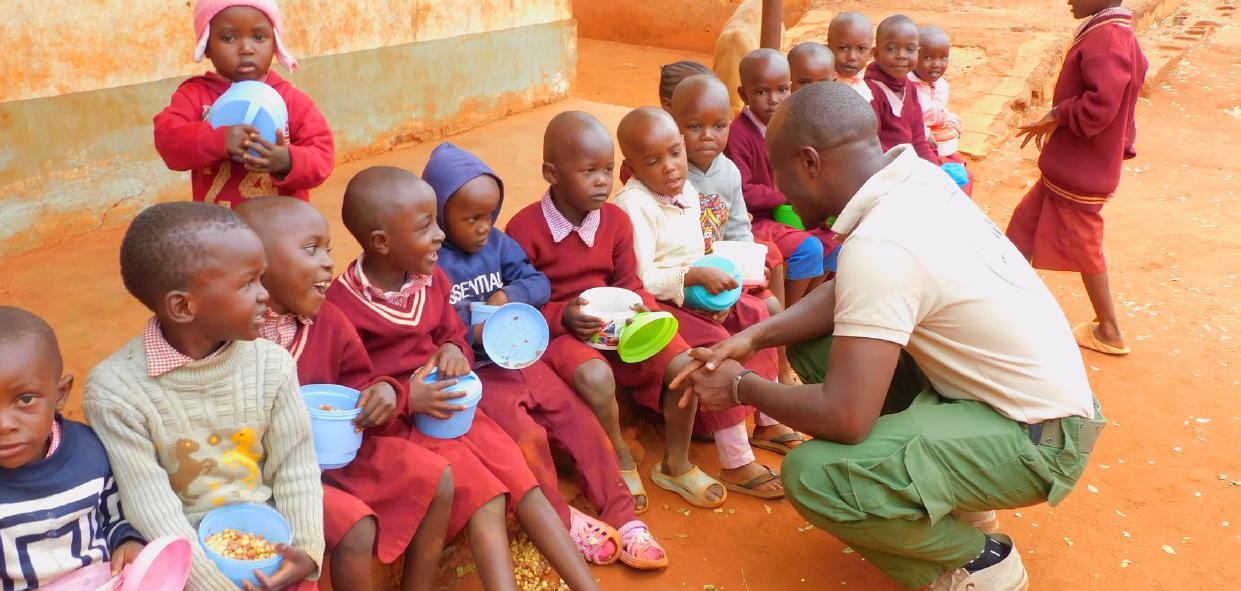
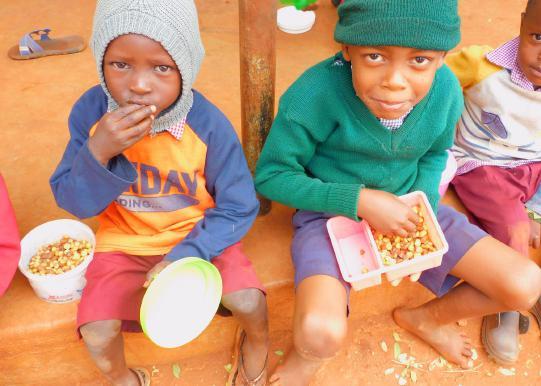
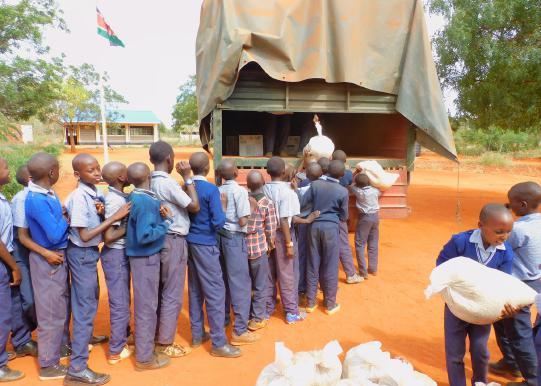
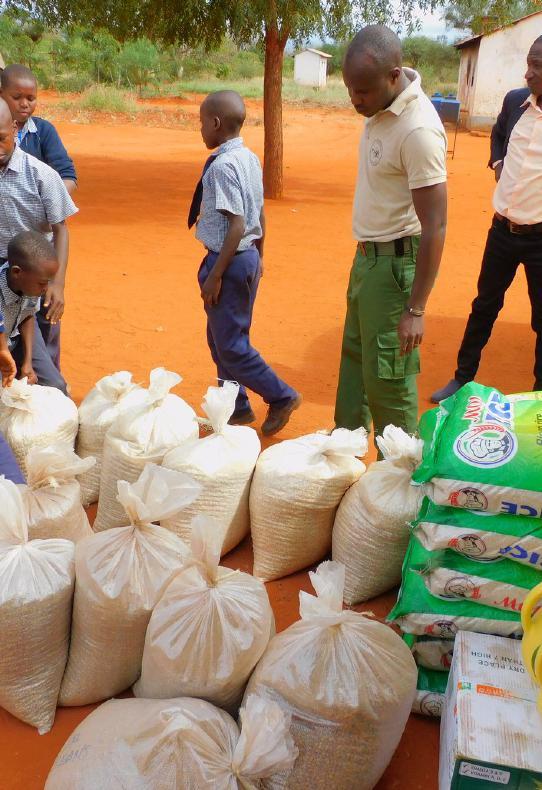
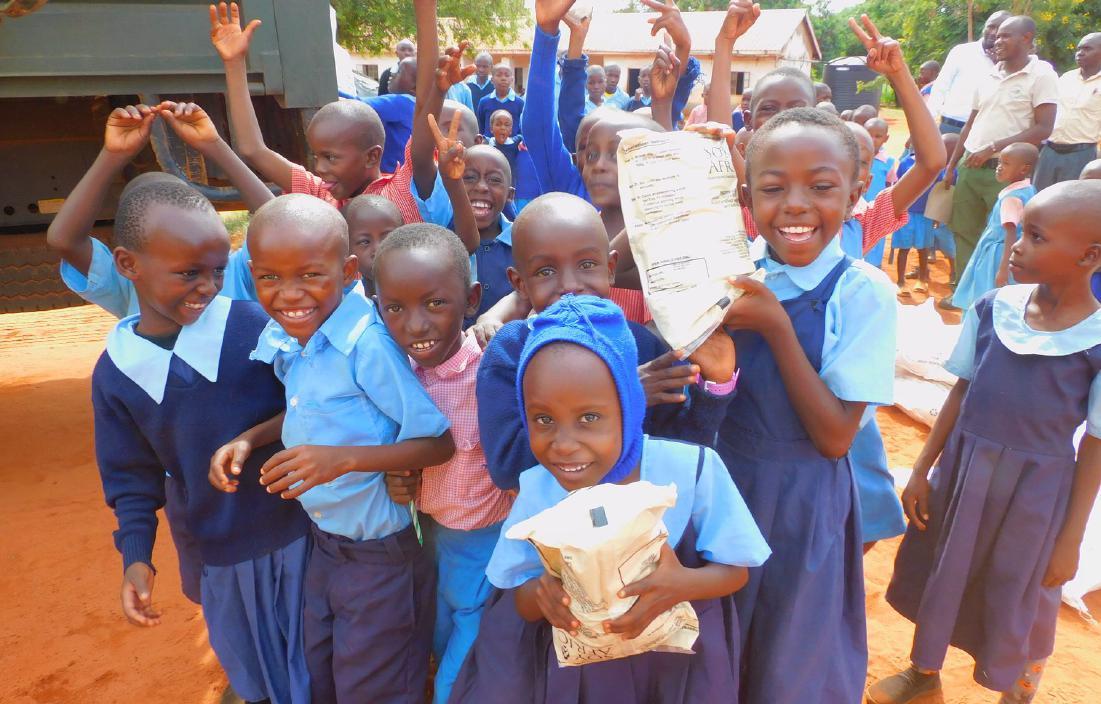


In communities bordering Kenya’s National Parks, children grow up alongside wildlife, but they have few opportunities to learn about the natural world that surrounds them. Many only experience nature through crop-raiding animals and the devastating e�ects of human-wildlife con�ict.
More often than not, children view elephants and other animals as threats, without fully appreciating how they support our country’s economy and shape the very environment in which we live It is vital that we give the next generation of Kenyans a reason to value their country’s natural heritage The SWT’s School Conservation Trips o�er children an opportunity to enjoy their National Parks and interact with wildlife and natural habitats, whilst learning about �ora and fauna and the importance of coexisting and protecting their natural heritage
These fully subsidised school trips see the SWT school bus, an SWT driver and SWT Community Outreach o�cer take up to 30 school children and 2 of their teachers into Tsavo East or West National Park. In Tsavo West this full day out starts at the KWS Tsavo West Learning Centre followed by a game drive including stops at the Sheitani lava �ow, Mzima Springs and Chaimo Crater. The Tsavo East School Trip involves an exciting visit to either the SWT Voi or Ithumba Elephant Orphans.
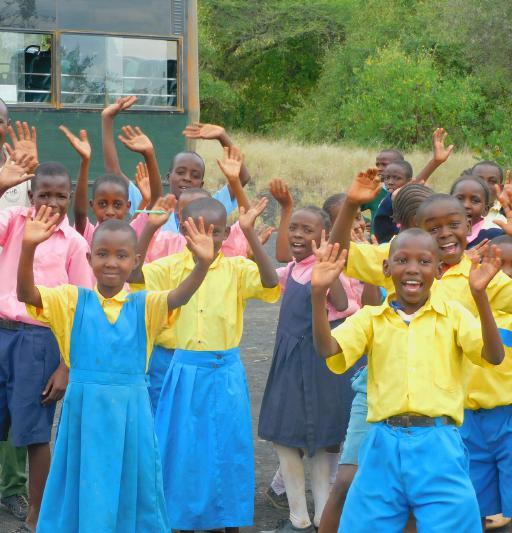
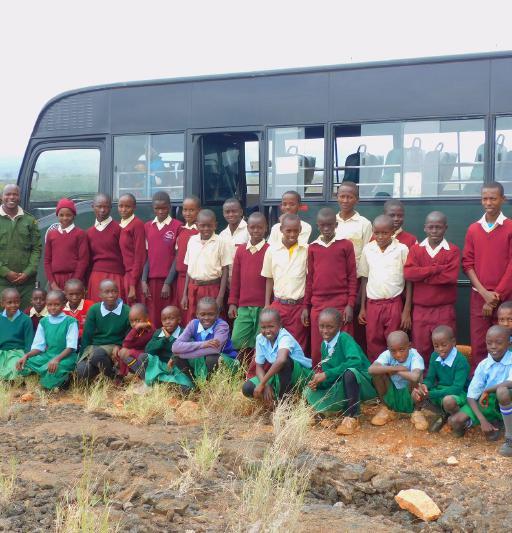
The Sheldrick Wildlife Trust Community Outreach Team conducted 2 trips during this reporting period in May and June to both Tsavo East and West National Parks; school holidays took place in April
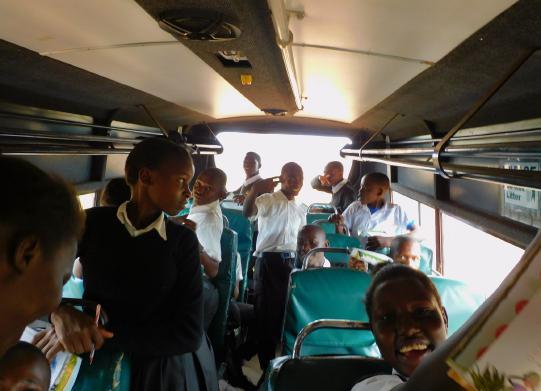
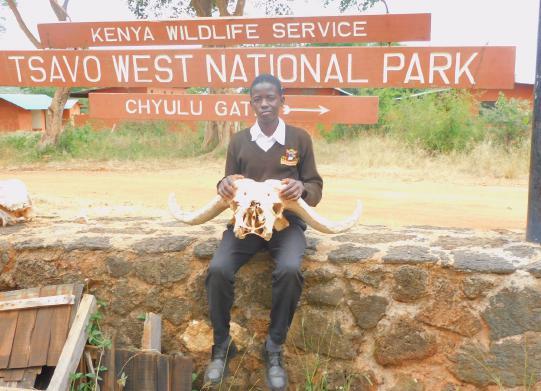
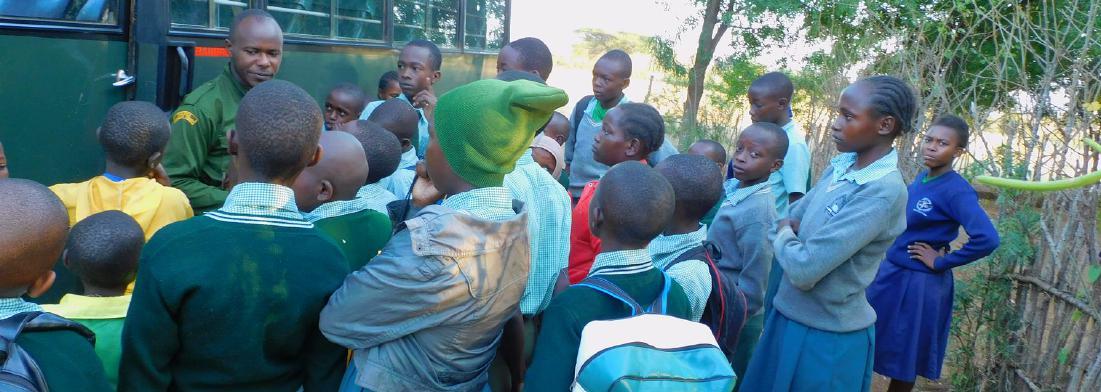

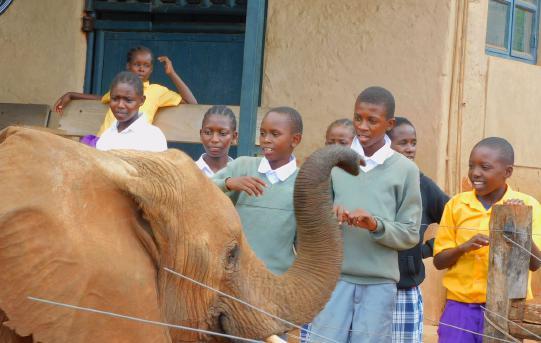
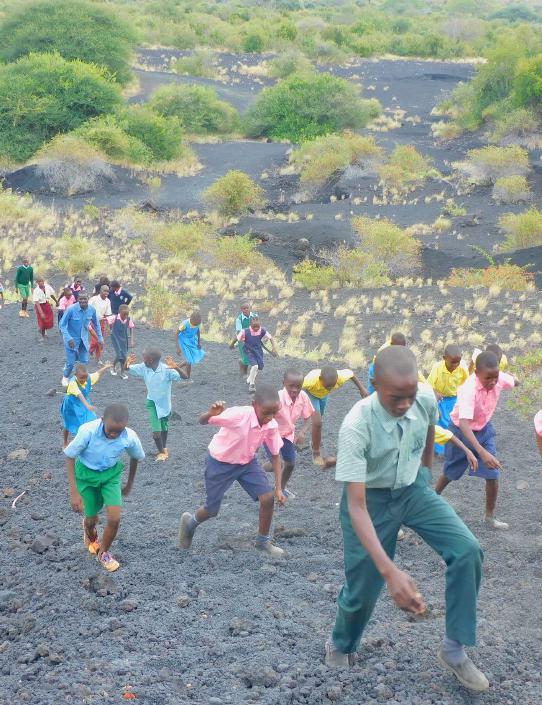
During the month of May the SWT Community Outreach Team led 10 School Trips to Tsavo East National Park During these exciting and fun-�lled days out 300 children visited the SWT's Voi Elephant Reintegration Stockades. It is here where a dedicated team of Elephant Keepers care for an orphaned herd of elephants, who are all slowly making the transition back to a wild and natural life in Tsavo East National Park.
These visits are one of the highlights of the trip and the children get the opportunity to interact with the Elephant Keepers and their elephant orphans, learning about the importance of the work of the SWT and the di�culties in rescuing and rehabilitating orphaned elephants Most importantly they learn how elephants and other wild creatures come to be orphaned and how everyone can work together to stop it from happening.
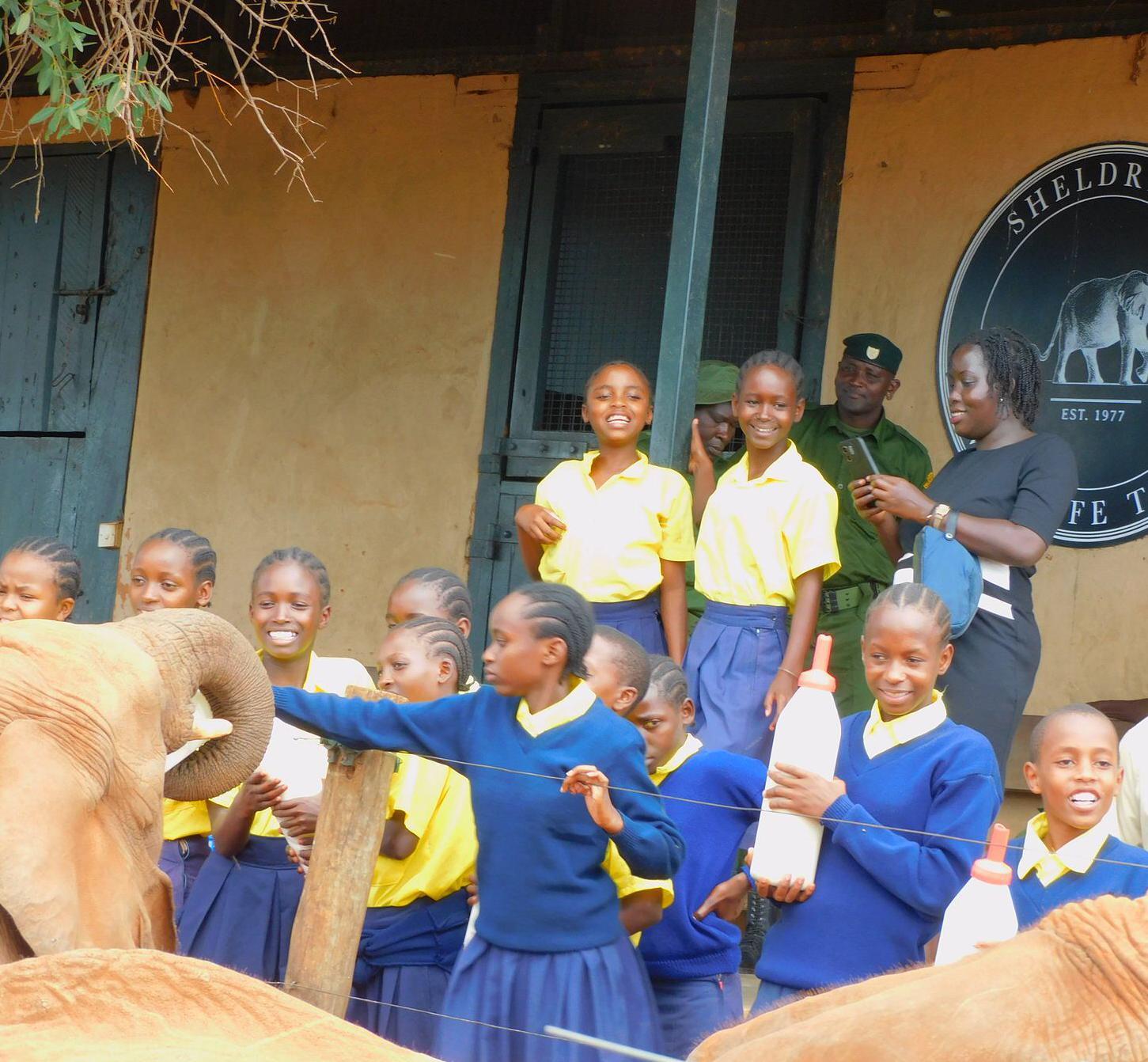
50 $70 1

No. of Schools Cost per Desk Desks Donated
Without a comfortable learning environment, children are unable to concentrate and make the most of their education
For this reason the SWT custom-makes and donated sustainable wooden desks that will last a lifetime, ensuring children don’t have to sit on the �oor or share cramped desks that hinder their learning.
In May the Trust donated 50 desks to Molemuni Primary.


Elephant-beehive fences are an innovative, sustainable and natural deterrent for elephant incursion, which have proved especially successfully on the borders of National Parks and protected areas The project o�ers a wealth of bene�ts to the farmers through improved pollination of crops and other plants, farm protection against elephants, and income from the sale of the honey they harvest, whilst elephants receive protection in return. We launched our beehive fence project in collaboration with communities bordering Tsavo East National Park in 2014 as a sustainable, non-aggressive method to mitigate human-wildlife con�ict Over the years, we have installed 166 hives on community farms that were historically targeted by crop-raiding elephants. We also have 64 hives on Tsavo Farm, along with catcher boxes
In 2021, we established a women’s beekeeping group in the Kibwezi Forest. This program further connects local communities with conservation initiatives and provides valuable employment opportunities: Women from the local community are employed to look after 42 hives in the Kibwezi Forest. Each has undergone a �ve-day training course and is out�tted with professional beekeeping equipment.
In total, we manage 272 beehives and during May and June the Community Outreach Team focused on beekeeping e�orts. They inspected and cleaned the hives, which was much appreciated by the inhabitant bees and it is hoped and expected that new occupations will yield farmers a good income of honey in the coming months.
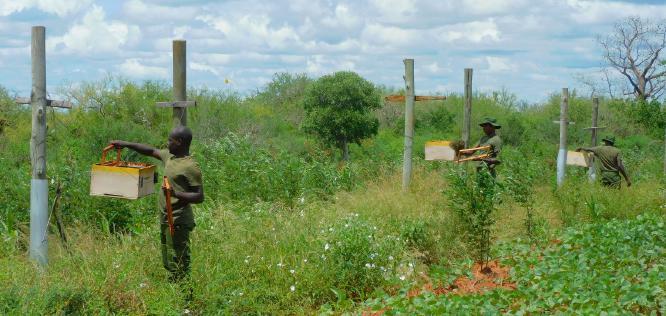
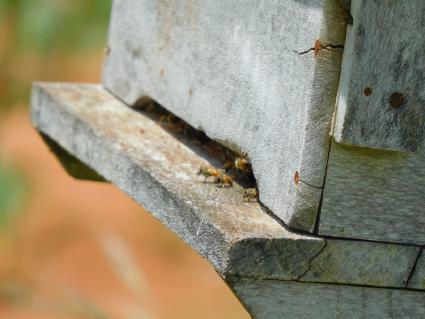
The Trust continues to support 12 children from local communities bordering the Parks through secondary education These sponsored students are currently in form 3, term 2 (Kenyan system of education). These are children from needy families bordering the Tsavo Conservation Area, within age range of 15-18yrs The SWT pays their tuition feed every year including a yearly boost for transport to and from their respective schools.
The Trust also �nances University level education for 3 bright and deserving young adults from local communities in Tsavo. These scholarships are all for university places in Kenya; 1 student is in their �rst year and 2 students are currently in their fourth years
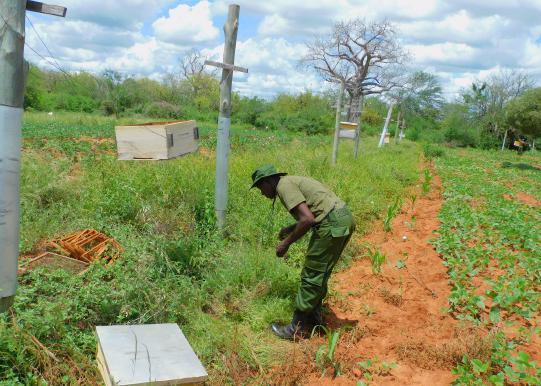
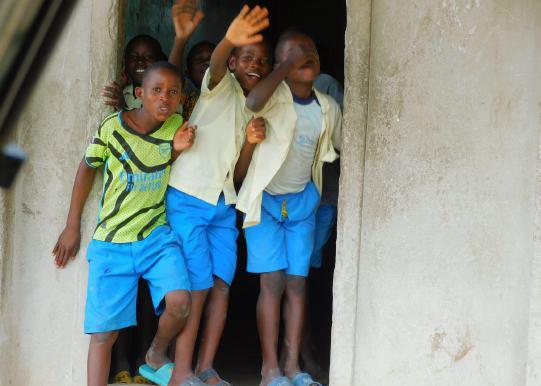
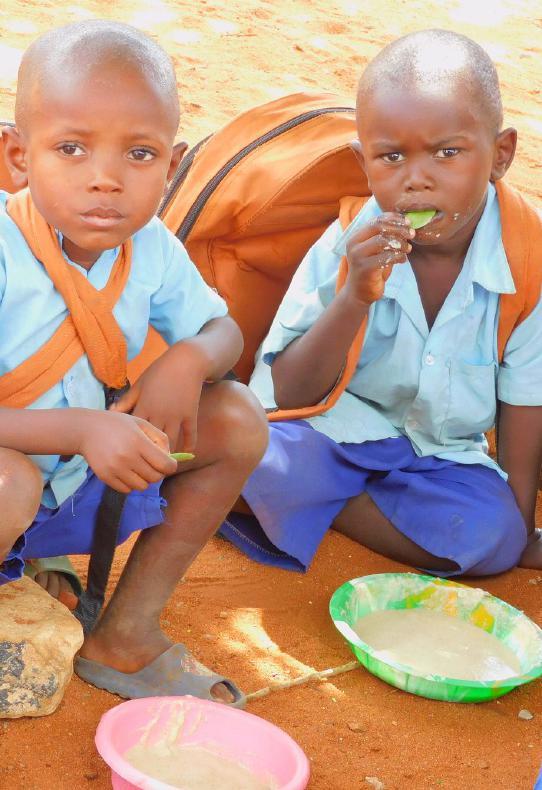
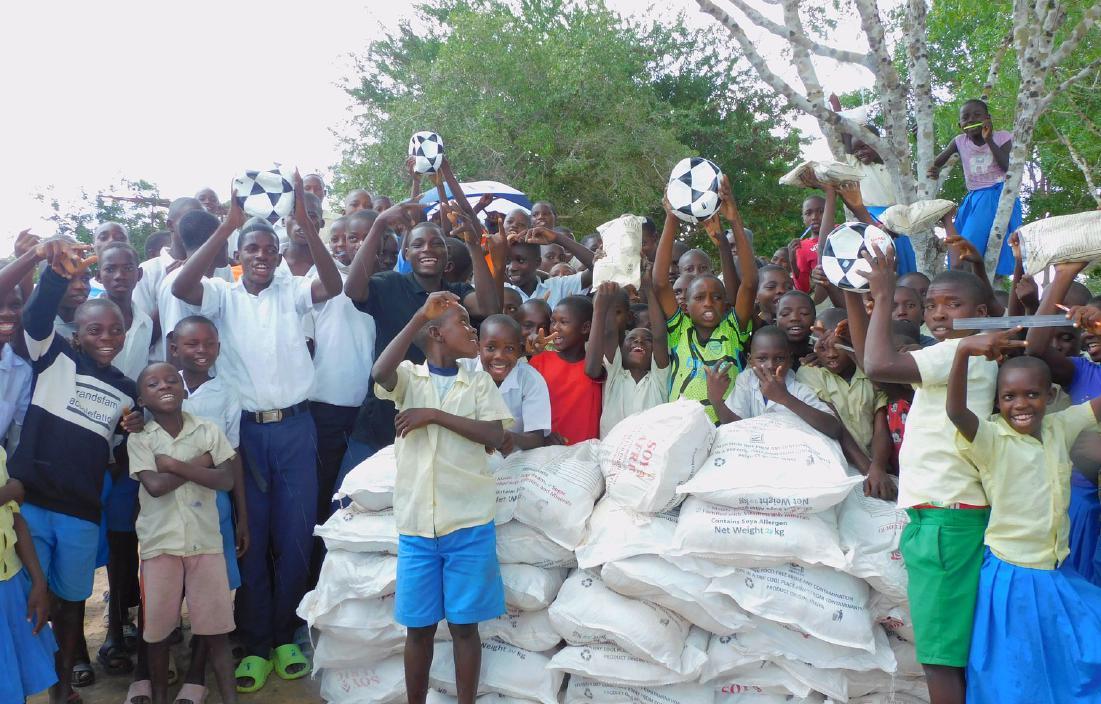

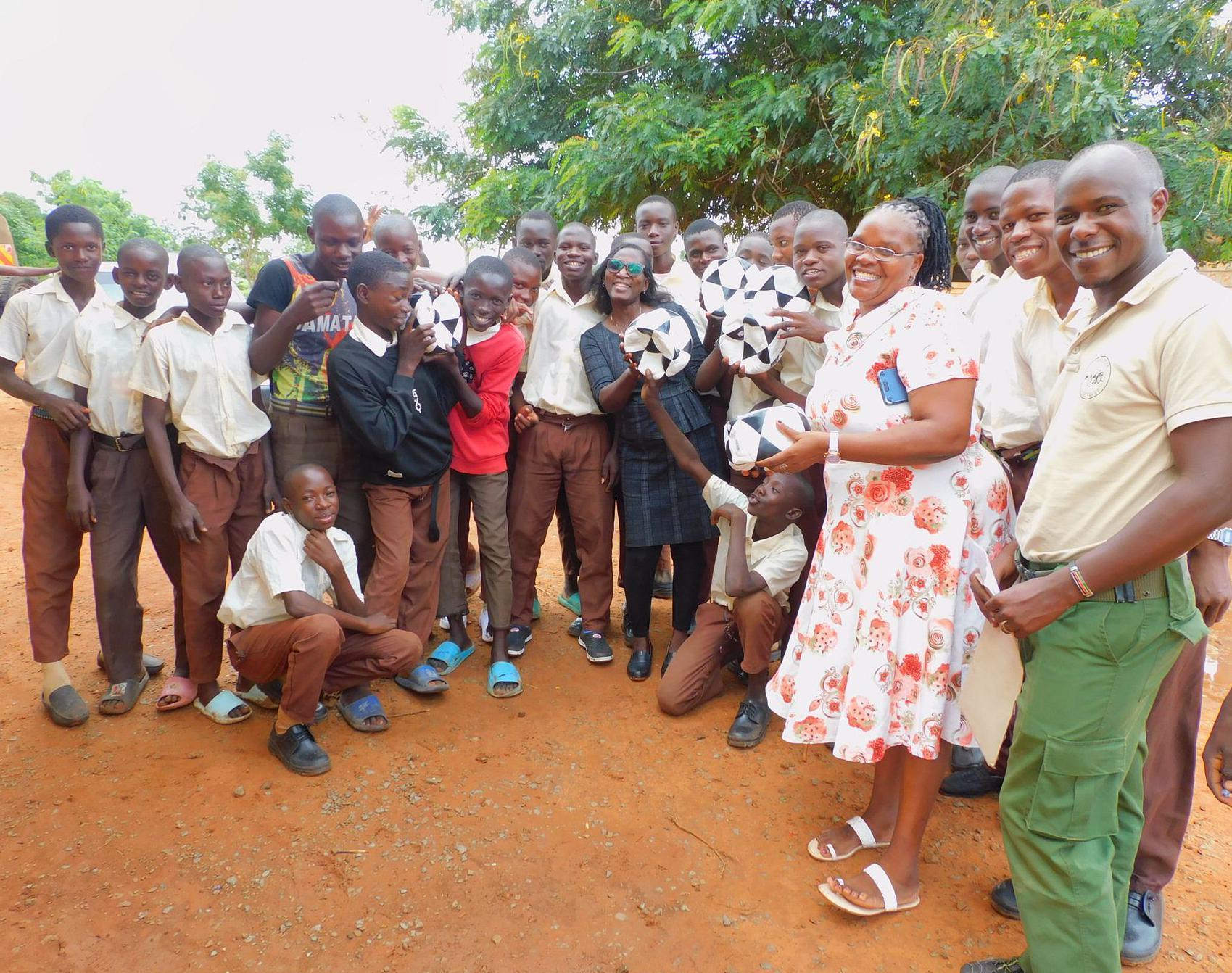
www.sheldrickwildlifetrust.org/projects/community
